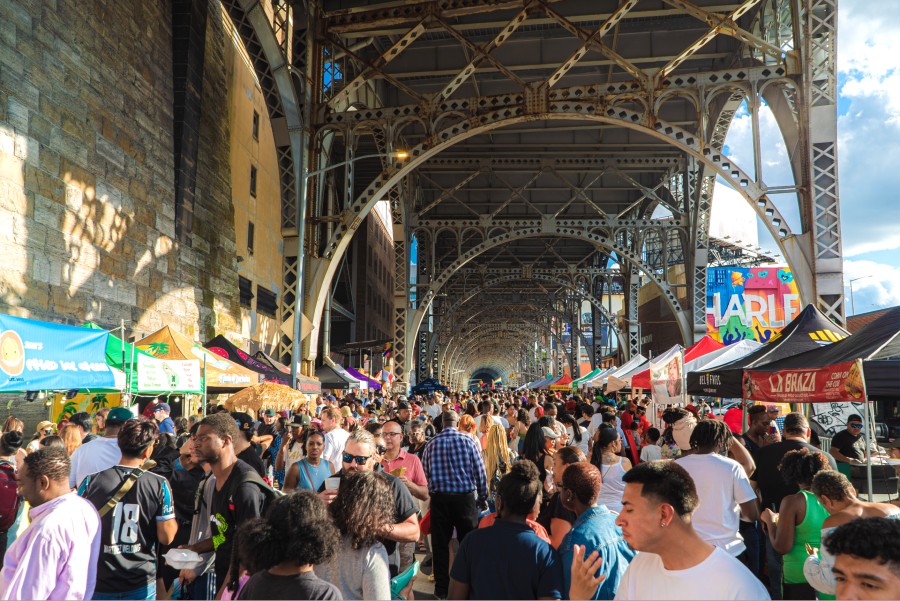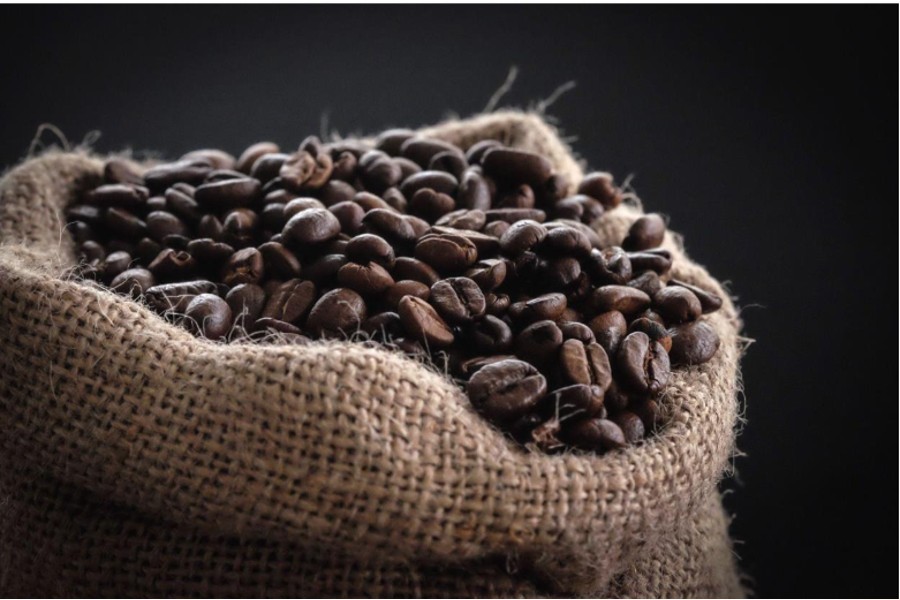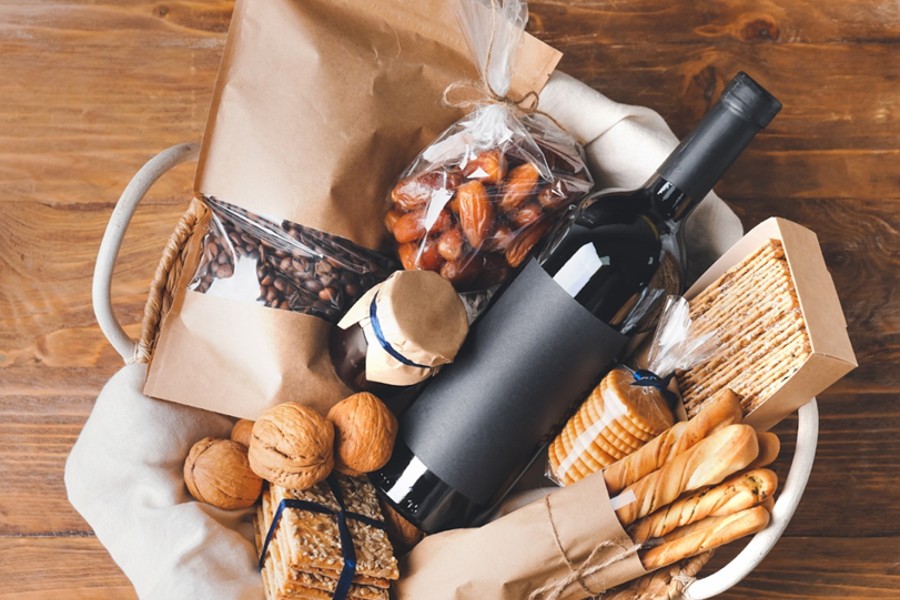 Mayor Eric Adams and Department of Consumer and Worker Protection (DCWP) Commissioner Peter A. Hatch announced that.
Mayor Eric Adams and Department of Consumer and Worker Protection (DCWP) Commissioner Peter A. Hatch announced that.
Starting tomorrow, third-party food delivery apps will be required to have a DCWP license to operate in New York City.
This law is the first part of a suite of new sweeping legislation regulating online third-party food delivery apps and enforcing brand new labor standards for delivery workers.
“Delivery workers risked their lives and served as a lifeline to our city during the pandemic despite them being denied basic worker protections,” said New York City Mayor Eric Adams. “With this legislation, we are taking a transformative step in protecting these essential workers, and also supporting our city’s restaurants, to ensure a fair and equitable recovery for all New Yorkers.”
“Throughout the pandemic, delivery workers supported New Yorkers and continue to be essential to our city. Today, we show our support for them,” said Deputy Mayor Maria Torres-Springer. “DCWP’s licensing of third-party food delivery apps is an important step in bringing accountability to the system while protecting workers, customers, and restaurants alike.”
“The food delivery industry boomed during the pandemic and we owe it to the tireless delivery workers who support New York City’s restaurants and residents to improve their working conditions and provide better protection,” said DCWP Commissioner Peter A. Hatch. “By licensing food delivery apps, we can now bring much-needed oversight and regulation to this expanding industry, which will greatly benefit not only these essential workers but the restaurants and consumers who use the apps as well.”
In addition to requiring a license, the law requires apps to tell the worker how much the customer tips for each delivery and their total pay and tips for the previous day.
The law also sets caps on the fees that the apps can charge restaurants and requires apps to have a written agreement with a restaurant to list it on their app, which is expected to result in workers also having better access to restaurant bathrooms when they pick up orders.
If an app lists the phone number of the restaurant, it must include the restaurant’s direct number.
Delivery workers who deliver restaurant food for any app—not just licensed apps—will also have added new rights starting on April 22, 2022, and January 1, 2023.
Starting April 22, 2022, third-party food delivery apps must:
- Allow food delivery workers to set limitations on distances they will travel from restaurants and which bridges or tunnels they are unwilling to use;
- Provide upfront disclosure to food delivery worker about route, pay, and gratuities;
- Pay food delivery workers at least once a week;
- Not impose any charges or forms of payment that include any fees; and
- Provide a free insulated delivery bag to a food delivery worker after 6 deliveries.
Starting January 1, 2023, apps must pay workers the new minimum pay rate that the City will set. The rate will not include tips.
DCWP is conducting a minimum wage study and is working with stakeholders on all sides to obtain information on current working conditions in order to determine the new minimum rate.
Delivery workers, apps, restaurants and consumers can monitor nyc.gov/DeliveryApps in the coming weeks and months for multilingual resources and information about these new regulations, including a full list of the new requirements under the laws, restaurant rights and responsibilities, delivery workers’ rights, and the Third-Party Food Delivery Service License Application Checklist. Workers can also call 311 and ask for “delivery worker” or email OLPS@dcwp.nyc.gov for more information.
“Worker’s Justice Project is proud to give birth to Los Deliveristas Unidos, a new movement that’s led by app delivery workers who are determined to win protections and representation for 65,000 NYC Deliveristas,” said Ligia Guallpa, Executive Director of the Workers Justice Project. “It took two years of organizing and mobilizing to make NYC recognize delivery workers as essential. Last year, 4,000 deliveristas marched from here to City Hall, to demand access to basic labor standards. Today, we are here to celebrate the power of Los Deliveristas—who organized and won these labor protections. Worker’s Justice Project and Los Deliveristas Unidos have demonstrated that it’s possible to rewrite the rules of the delivery app industry and guarantee protections to app delivery workers in our city. The fight isn’t over. We’re getting ready to be in every corner of our city, educating the 65,000 deliveristas about these new rights. We will continue to organize to transform this job into a profession that is well paid and that can better provide opportunities to live and work with safety, dignity and respect.”
“Today is a day of celebration for all Los Deliveristas and our families,” said Antonio “Toño” Martinez Solis, Leader of Los Deliveristas Unidos. “As of tomorrow, January 24, 2022, we will see the fruits of the fight we started together – new labor rights for all Los Deliveristas of NYC – regardless of nationality, language, dialect, skin color. This journey has had challenges and human loss, but together we have come ahead. Thanks to the Worker’s Justice Project, elected officials, and the Department of Consumer and Worker Protection staff, to the allies, and the community that has supported us and continues to support us. But this journey has not culminated—Los Deliveristas Unidos will continue to fight to obtain justice and better working conditions for our colleagues and their families.”
“As I represent many of the Women Deliveristas in this movement, I feel very moved by seeing the fruits of our fight, to see that it was worth marching and to organize a movement,” said Ernesta Galvez, Leader of Los Deliveristas Unidos. “Now, Los Deliveristas across NYC, have won respect and power through these six laws that provide labor rights. We won by raising our voices and organizing a movement. Despite all the success, Los Deliveristas will continue to raise our voice and organize to fight for more labor rights and build our own labor union.”
“As delivery workers, we put our lives at risk to get people food, and for us to survive,” said Didar Chowdhury, Bangladeshi delivery worker, DRUM – Desis Rising Up & Moving. “While the corporations are making millions, we make poverty wages and have minimal support. We are doing our part to educate each other about these new regulations, and the city must do its part. And we will continue to organize and take care of each other to protect our rights for the long term.”
“Today’s announcement is a welcome step towards creating worker justice for app-based delivery workers across our city. Licensing and overseeing food delivery apps will lead to better, safer conditions for the gig workers who kept so many small businesses afloat and New Yorkers fed amid the pandemic,” said Public Advocate Jumaane D. Williams. “While this legislation can lead to tangible improvements for gig workers, enforcement is key to ensure that workers receive the conditions they fought for and deserve. Los Deliveristas Unidos and other advocates have worked tirelessly over the past year to bring us to this point, and I’m honored to have been an early co-sponsor of this legislation. New York must be a leader for the nation on these issues and deliver on behalf of workers.”
“At the height of the COVID-19 pandemic, deliveristas risked their lives to bring food to our doors. Because of their sacrifice, they were also able to help many restaurants stay in business,” said City Council Speaker Adrienne Adams. “The Council worked tirelessly to ensure these essential workers receive the protections they deserve and need. Last year, we passed groundbreaking legislation to provide them with better working conditions and protections; legislation that is now a leading example for deliveristas in other cities across the nation. Our legislation does not only help and protect more than 65,000 New York deliveristas, but also the restaurants they work for.”
“Throughout the pandemic, many of us became reliant on delivery workers for food from our favorite restaurants,” said Marjorie Velázquez, Council Member and Consumer Affairs and Worker Protection Chair. “They provided access to the outside world, so we could safely stay in our homes, and in doing so they became the backbone of our small business community. These workers labor long hours in traffic, and rough urban terrain, often in inclement weather, ranging from freezing temperatures to scorching heat; sometimes solely earning tips that can be underwhelming. As the incoming Chair of the Committee on Consumer Affairs & Worker Protection, I think it’s imperative that we treat these essential workers with the same care, support, and dedication that they have shown us. The new regulations for third-party delivery apps are a great first step to ensure people earn fair wages and better working conditions.”
“I’m grateful DCWP will issue licenses to third-party food delivery platforms as a way to make delivery worker protections enforceable. I was proud to be one of the Council’s strongest supporters of Los Deliveristas Unidos and the Workers Justice Project. Together, we helped deliver historic wins for these essential workers who kept New Yorkers fed during some of the darkest days of the pandemic. I look forward to working with DCWP to ensure these laws are enforced and these essential workers are treated with the dignity and respect they’ve always deserved,” said Council Member Justin Brannan.
“As a former Commissioner of the Department of Consumer Affairs, I understand the importance of protecting jobs and businesses of New Yorkers in the service industry which is vital to our economic recovery. Licensing third-party food delivery apps bring much-needed transparency to a formerly unregulated industry. These essential workers will benefit from the implementation of a new minimum pay rate,” said Council Member Julie Menin.
“This is a great step forward by the Department of Consumer and Worker Protection to better protect restaurants and delivery workers as this City works to recover. Enforcing these new labor standards ensures there is more transparency, supports better working conditions, and gives the businesses an opportunity to increase their revenue without fear of being charged exorbitant fees. I am proud to have sponsored and supported this legislation in the City Council,” said Council Member Francisco Moya.
“Since the pandemic hit, third-party food delivery services have grown exponentially across New York City. As the industry only continues to grow, DCWP’s new law will provide critical oversight and regulation while benefitting essential workers, restaurants, and consumers alike. I commend Department of Consumer and Worker Protection for their work on this issue and for their commitment to protecting New York’s workforce,” said Council Member Keith Powers.
“My colleagues and I spent nearly two years working closely with the Workers Justice Project and Los Deliveristas Unidos in pursuit of rights and protections for New York City’s delivery workers. In a testament to the fierce and unrelenting organizing power of our City’s Deliveristas, the City Council passed a historic package of legislation codifying critical workplace protections, the first of which go into effect this week, with more to come. I am grateful to the Department of Consumer and Worker Protection for their partnership in this fight thus far and look forward to continuing to work together to ensure these new protections are enforced to their full extent, and to continue to bring even greater protections to delivery workers in the future,” said Council Member Carlina Rivera.
NYC Department of Consumer and Worker Protection (DCWP) protects and enhances the daily economic lives of New Yorkers to create thriving communities.
DCWP licenses more than 59,000 businesses in more than 50 industries and enforces key consumer protection, licensing, and workplace laws that apply to countless more.
By supporting businesses through equitable enforcement and access to resources and, by helping to resolve complaints, DCWP protects the marketplace from predatory practices and strives to create a culture of compliance.
Through its community outreach and the work of its offices of Financial Empowerment and Labor Policy & Standards, DCWP empowers consumers and working families by providing the tools and resources they need to be educated consumers and to achieve financial health and work-life balance.
DCWP also conducts research and advocates for public policy that furthers its work to support New York City’s communities.
For more information about DCWP and its work, call 311 or visit DCWP at nyc.gov/dcwp or on its social media sites, Twitter, Facebook, Instagram and YouTube.
Become a Harlem Insider!
By submitting this form, you are consenting to receive marketing emails from: . You can revoke your consent to receive emails at any time by using the SafeUnsubscribe® link, found at the bottom of every email. Emails are serviced by Constant Contact








